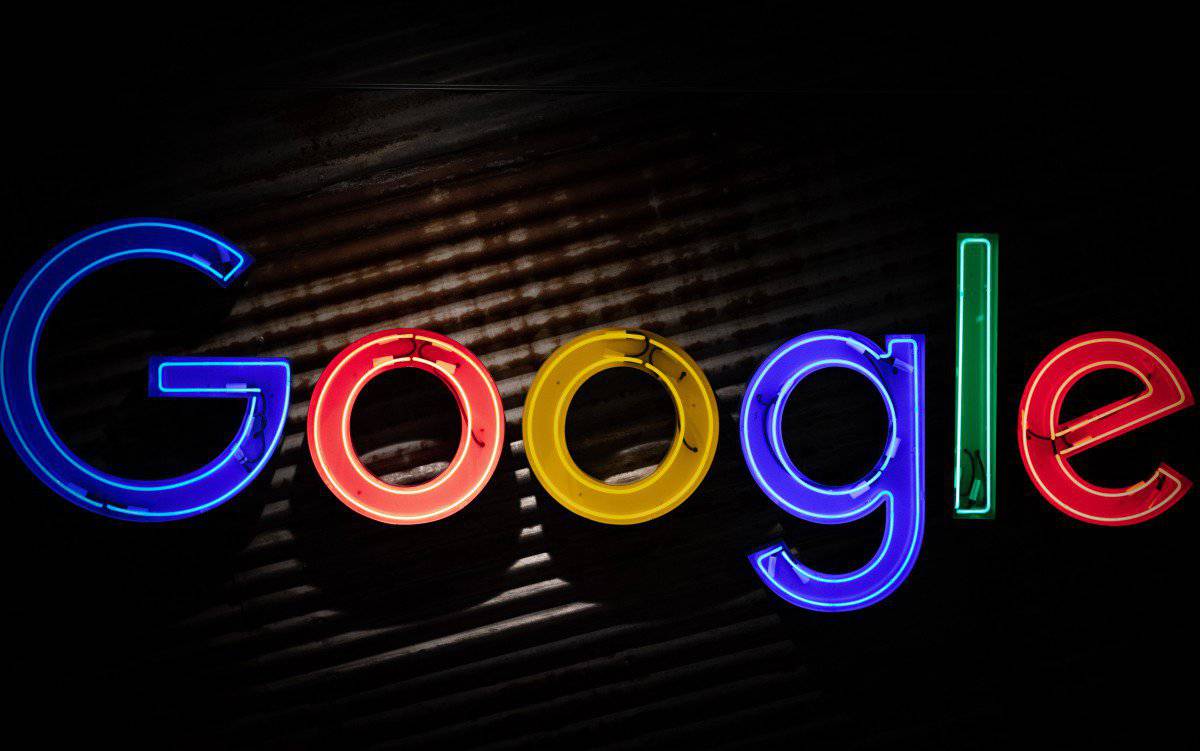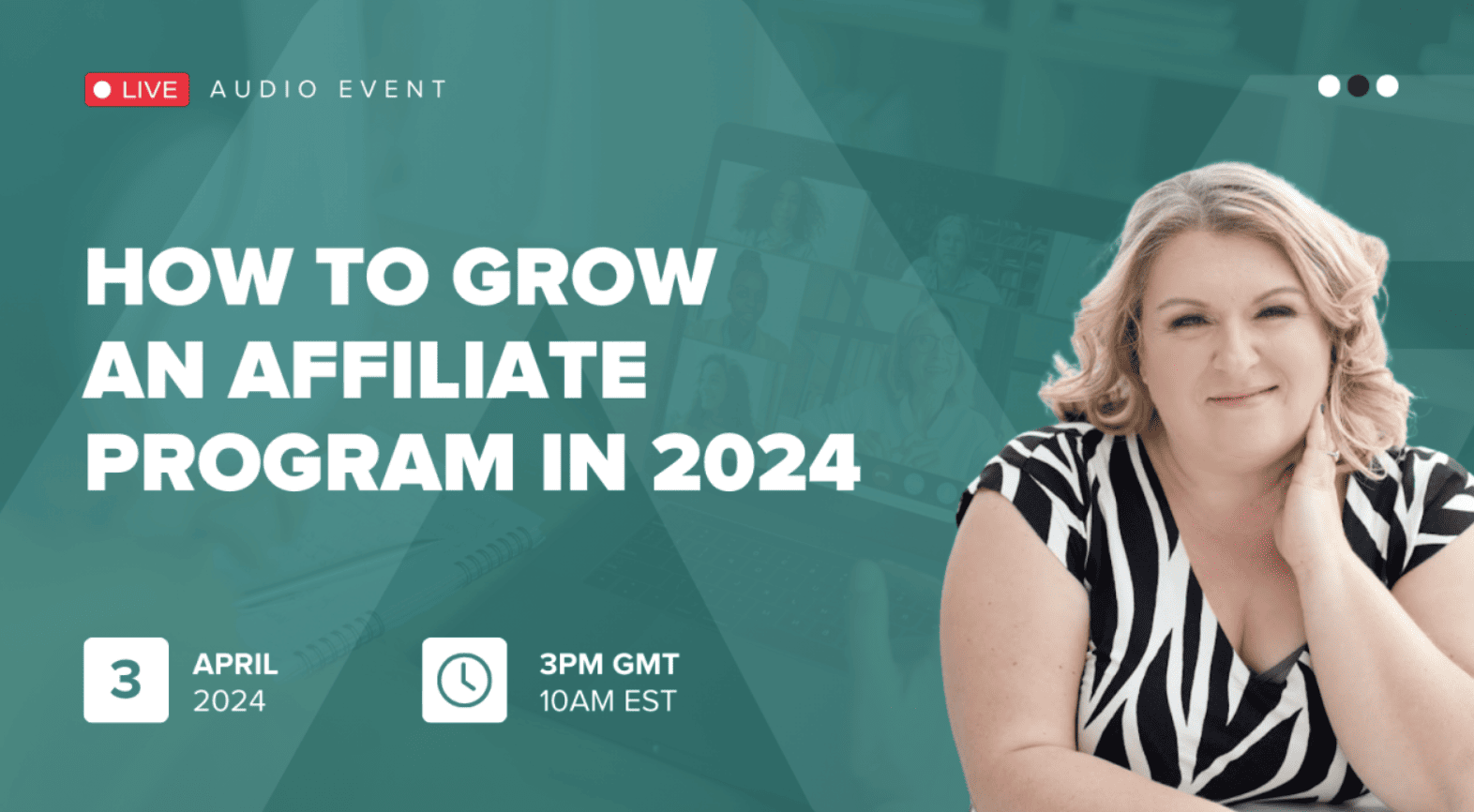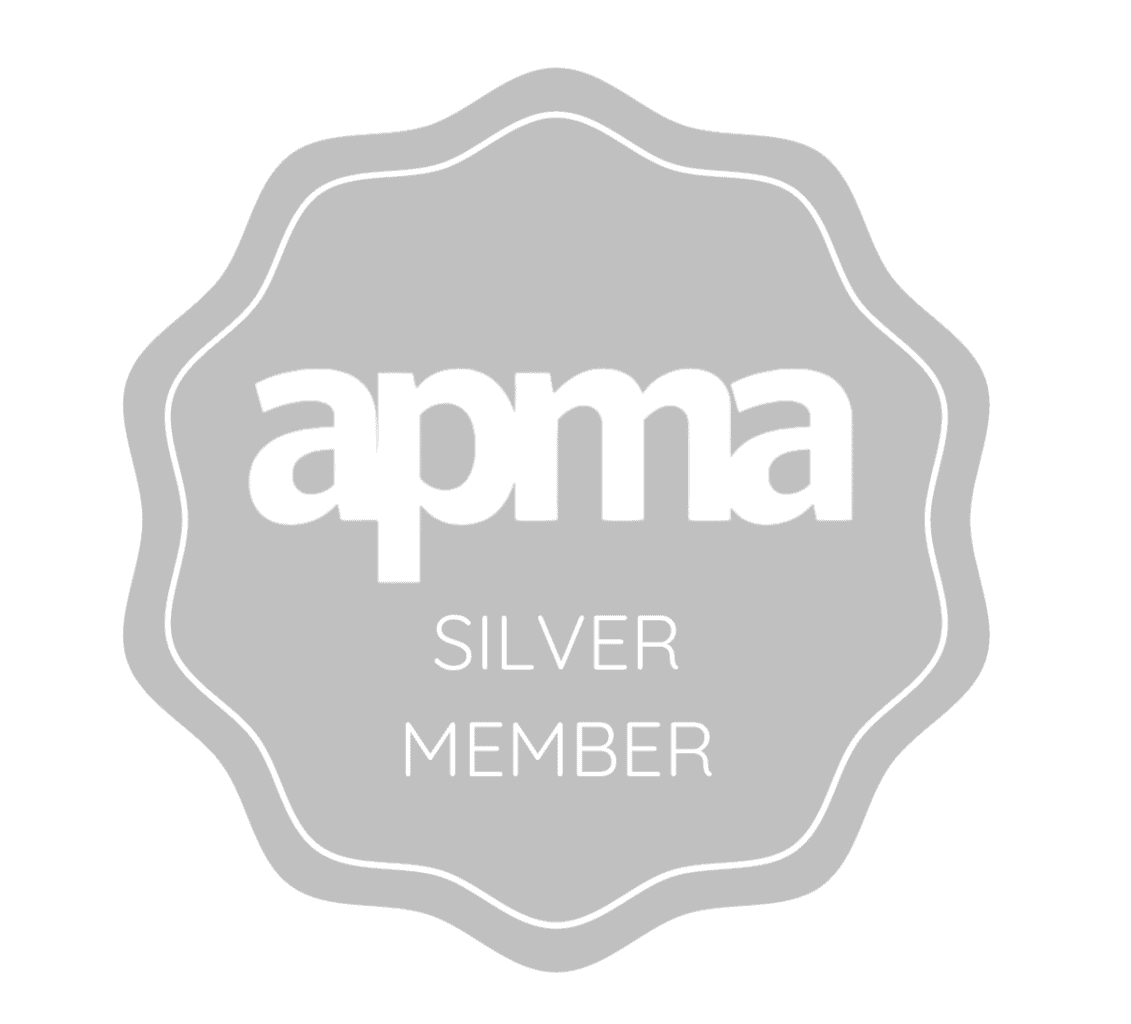Ahh yes (or no), the dreaded Google ranking penalty. We all want to be as visible as possible in search engines. That’s why we put in hours to ensure our sites are optimised for them. So naturally, it’s disappointing when you’re hit with a de-ranking.
It’s a hot topic in iGaming at the moment. The spotlight was intensified in January 2020, when XLMedia revealed that the above had happened to a number of its casino sites. Since then, the company has revealed that it aims to recover those rankings.
For that to happen, a lot of work must be done behind-the-scenes. Of course, prevention is the best cure. But what can you do if this happens to you? Keep reading to find out.
Fix the problem
This should be your first port-of-call. Don’t be in denial and dismiss Google’s notice – that’ll get you nowhere.
It can take a mixture of time, frustration and money to fix issues that arise. But if you ignore the penalty, it’ll take an even bigger mixture of time, frustration and money later down the line. Make sure that you fully understand why your website has taken a hit.
Once you’ve done the above and found a viable solution, get started on righting the wrongs. And when you appeal to Google, show that you’ve taken the necessary steps to stop this from happening again.
Perform a complete website audit to fix other problems
Okay, so now you’ve fixed the issue. So, what next? Appeal your penalty? Well, no… not just yet.
Fili Wiese, SearchBrothers SEO Expert and former Google Search Quality Analyst, spoke about this at iGB Affiliate London. In his talk about rankings versus penalties, he shared a cruel truth. Google will approve your appeal if you’ve fixed what you were de-ranked for, but you’ll receive another penalty if they find a separate problem.
Yes, it’s annoying. But that’s why you need to maintain the quality of your website. And since you’ve already got to clean up one area, you might as well do everything at once. Focus on improving your page speed, optimising your content and so on. Then, you’ll have a better chance of not suffering that rebound hit.
Don’t shoot an instant response, no matter how harsh you feel that Google has been
Angry, emotive, level-headed. No matter what response you send to Google, don’t bother sending one in the first couple of days. It won’t work.
And here’s why: because you haven’t fixed the error. When it comes to SEO, Google has one job – to provide the best possible user experience. That means they must showcase the most accurate results for each search. If your site doesn’t offer this in their eyes, then that your problem – not theirs.
Even if you think that the penalty was harsh, take responsibility. Start working on the problem part of your site. But don’t contact Google until everything’s fixed. And remember – nobody achieved top spot on the first page by swearing at an employee 50 times.
Final thoughts
You may think that Google is out to get you, but they aren’t. Believe it or not, you’re both on the same team. You want to improve user experience and so do they. Therefore, you should be working with them rather than picking a fight.
Be reasonable. You may think that you did nothing wrong, but you probably did. No website is perfect and yours is no exception.
Think about what you can do to fix the problem, then fix the other issues with your site as well. Rather than feeling as though you need to box yourself in a castle and build a moat against the evil forces of Google, view it as an opportunity to perform a much-needed audit.
Want more exclusive content like this? Subscribe to our newsletter and get it delivered to your inbox each week.























